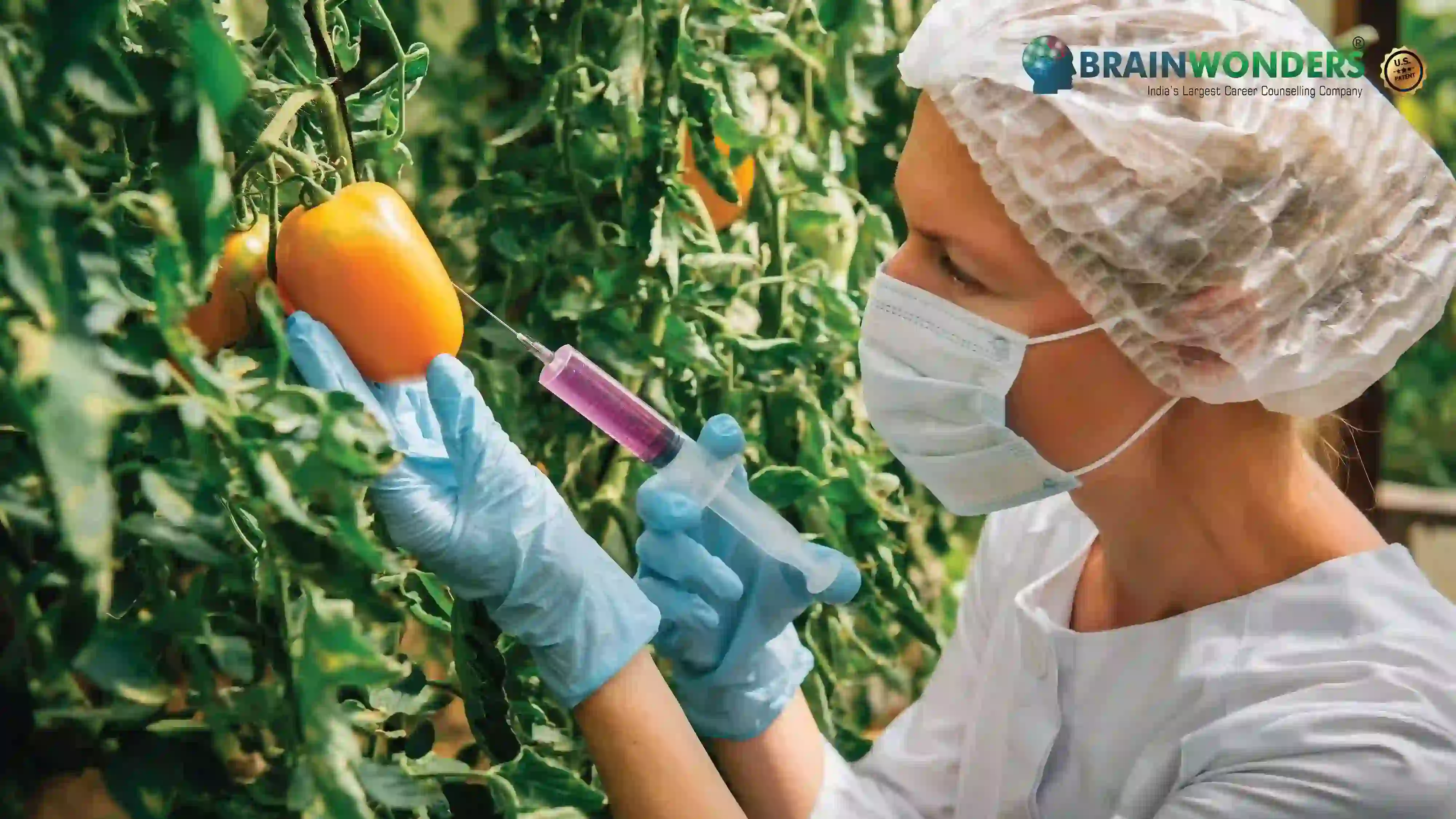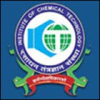How to become a Food Science Engineer
Overview, Courses, Exam, Colleges, Pathways, Salary

Overview
Who is Food Science Engineer ?
Food Science Engineers, also known as Agricultural and Food Scientists, who pool engineering concepts with chemistry, microbiology, and other sciences with technology to produce the best ways to make processed foods tasty, healthy and safe. They are in charge of the whole food manufacturing and distribution process. It is also their responsibility to determine the most ecologically friendly and safe methods of processing, packing, preserving, and storing goods for distribution. In addition, food scientists can guarantee that food processing plants follow health regulations.
Typical day at work
What does Food Science Engineer do?
- Study the principles underlying the processing and deterioration of foods
- Analyze food content to determine levels of vitamins, fat, sugar, and protein
- Inspect raw materials for maturity or stability for processing
- Check finished products for safety, quality and nutritional value
- Develop food standards and production specifications, safety and sanitary regulations, waste management and water supply specifications
- Develop new, improved techniques of preserving, processing, packaging, storing, and delivering foods
- Search for substitutes for harmful or undesirable additives
- Study approaches to improve facets of foods such as chemical structure, flavour, colour, texture, nutritional value, attractiveness, and convenience
- Understand the structure and composition of food, and the changes that happens in food in storage and while processing
- Test new products for flavour, texture, colour, nutritional content, and adherence to government and industry standards
- Confer with process engineers, plant operators, flavour experts, and packaging and marketing specialists in order to resolve problems in product development
- Gauge food processing and storage operations
- Contribute in the formation of quality assurance programs
- Inspect food processing areas in order to ensure compliance with government regulations and standards for sanitation, safety, quality, and waste management standards.
- Demonstrate products to clients
- Researching ways to develop the existing methods of food preservation
- Providing support to food manufacturing companies, dealing with any challenges related to food supply, and to marketing departments
- Work in labs or in the field to observe, research, and analyse food production such as ensuring crop health for the safety of the food supply or inspecting food production facilities
- Develop quality assurance programs for storage operations and food processing
- Analyse data, interact with computers, and monitor processors, materials, and surroundings to detect problems.
- Testing food samples for harmful types of moulds, yeast, and bacteria
- Exploring alternative manufacturing methods
- Establishing low-cost wholesale food production methods
- Report research findings to the scientific communal, food manufacturers, and the public
- Travel between facilities to oversee the implementation of new projects
- Offer accurate nutritional information for food labelling
- Blend new ingredients to invent and modify recipes and taste-test it
- Design production processes and machinery.
Abilities and Aptitude needed
What are the skills, abilities & aptitude needed to become Food Science Engineer?
- Researchers must have data-analysis abilities to grasp the solutions to the problems they are examining. Food scientists must explain their investigations, ramifications, and conclusions after collecting research data using a range of observation techniques, including quantitative surveys. Any error might result in inconclusive or erroneous findings.
- Agricultural and food scientists must have a thorough understanding of mathematical ideas. They must also be able to converse with others, particularly technicians and student helpers, effectively.
- Food engineers use critical thinking, logic, and reasoning to assess the strengths and limitations of various solutions, conclusions, or approaches to issues.
- Food engineers must be analytical and problem-solving experts. They must also be able to operate as part of a team since they often collaborate with microbiologists, engineers, food technologists, and marketing personnel.
- Food science engineers must use their knowledge and experience to decide if the discoveries will impact the food supply, farms, and other agricultural goods.
- In addition, project management abilities, time management, an eye for detail, and the ability to do basic computer activities are required.
Pathways
How to become an Food Science Engineer?
Entrance Exam
Entrance Exam for Food Science Engineer ?
Courses
Which course I can pursue?
Best Colleges
Which are the best colleges to attend to become an Food Science Engineer?
Industries
Which Industries are open for Food Science Engineer?
internship
Are there internships available for Food Science Engineer?
Career outlook
What does the future look like for Food Science Engineer?
Jobs in the food business are predicted to rise in response to the growing need for safe and sustainable food biotechnologies. Engineers in food science might operate in an office, laboratory, or industrial facility. Some self-employed people operate in the food business for private enterprises. Food scientists at the entry-level might engage in research and development. With expertise, one may become a project manager or supervisor of research and development or quality control departments. Travel may be necessary; however, they usually work regular business hours. Food scientists may also work in food manufacturing, supermarkets, local governments, retail businesses, universities, government agencies, and research organisations. In addition, you might potentially work in chemical engineering, agricultural research, toxicology, or nutrition science, which are all related subjects.





